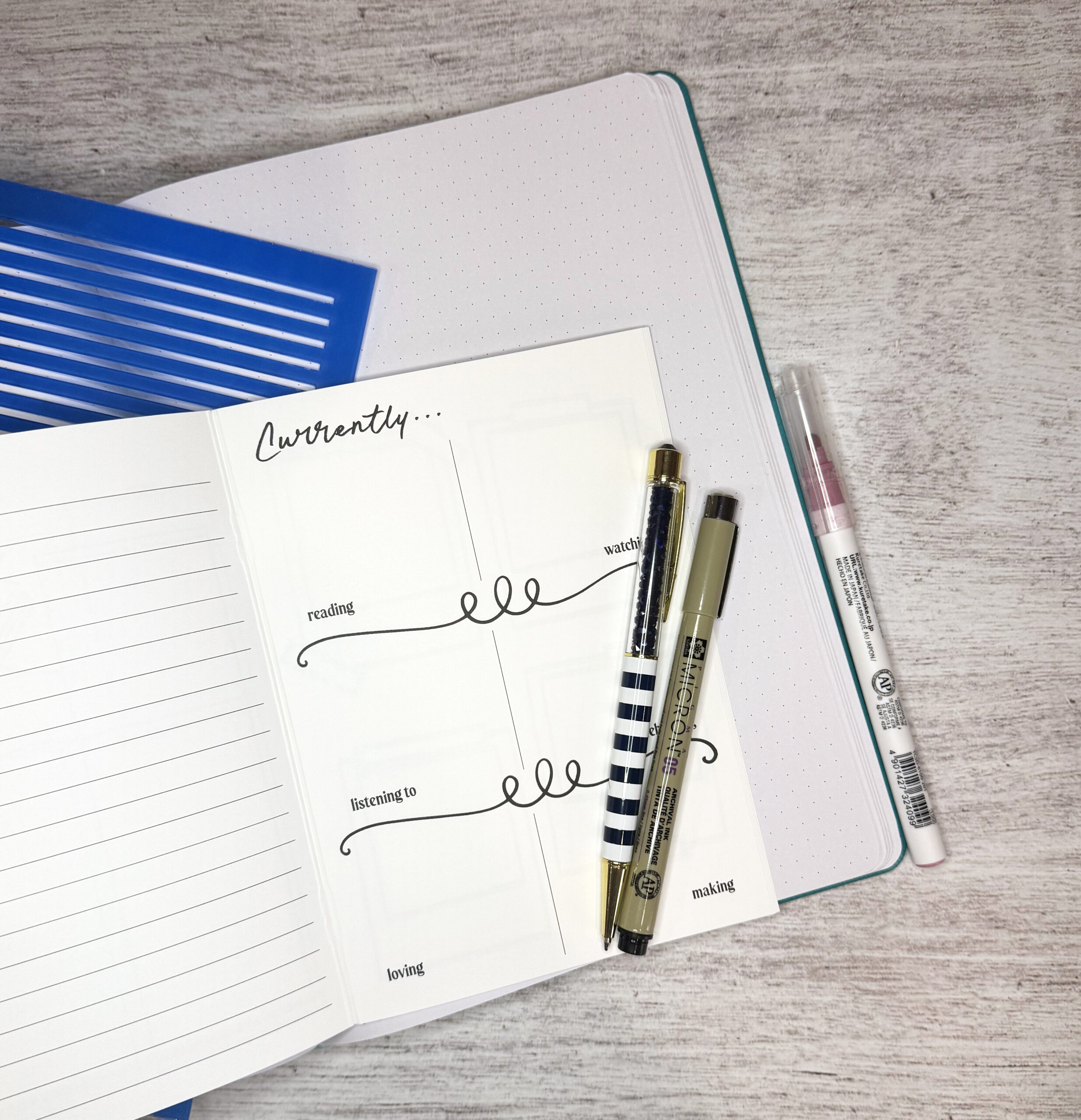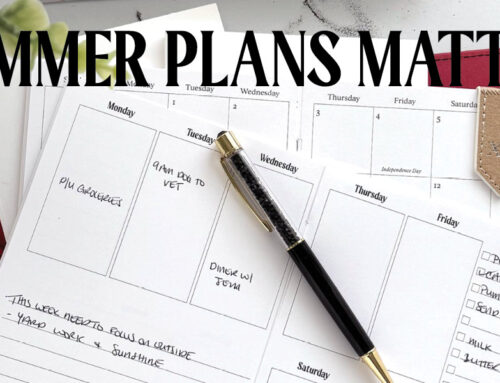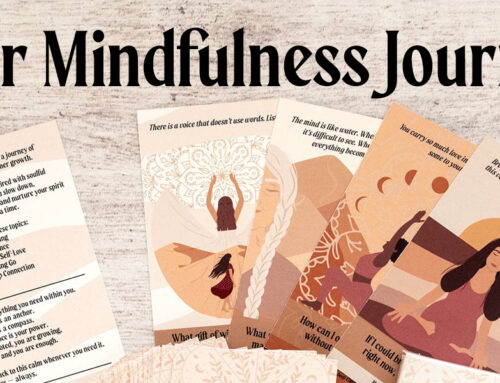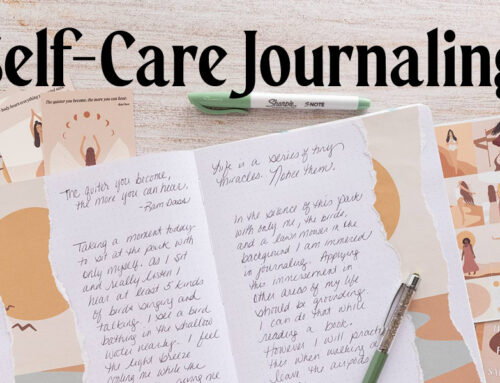
In our fast-paced world, it’s easy to feel overwhelmed, scattered, or even stuck. If you’ve ever wished for a simple way to bring clarity and balance into your life, journaling might just be the answer. Beyond being a creative outlet, journaling has profound benefits for your mental health, productivity, and overall well-being. Let’s dive into why this practice can be transformative and how you can get started.
What Are the Benefits of Journaling?
1. Improves Mental Health
Journaling is often referred to as a “brain dump” because it allows you to empty your mind of worries, frustrations, or anxieties. Writing about your feelings helps you process emotions, reduce stress, and gain a better understanding of yourself. Research has shown that expressive writing can even decrease symptoms of depression and anxiety.
2. Boosts Productivity
When you write down your goals, tasks, or to-do lists, you’re far more likely to stay focused and productive. Journaling helps you prioritize what truly matters, track progress, and identify roadblocks. This clarity can prevent overwhelm and keep you motivated to tackle the day.
3. Sparks Creativity
Journaling can unleash your inner artist. Whether you’re brainstorming ideas, doodling, or reflecting on your day, putting pen to paper encourages fresh perspectives. Creativity isn’t just for artists—we all have moments of inspiration waiting to be unlocked.


4. Tracks Growth and Progress
A journal serves as a time capsule of your life. Whether you’re working on fitness goals, career milestones, or personal growth, looking back through old entries can show you just how far you’ve come. This sense of progress is incredibly motivating.
5. Encourages Gratitude
Gratitude journaling—writing down a few things you’re thankful for each day—has been proven to improve happiness and foster a positive outlook. It shifts your focus from what’s wrong to what’s going well, which can be a game-changer for your mindset.
How to Start Journaling
Starting a journaling practice doesn’t have to be intimidating. Here are a few tips to help you begin:
1. Choose Your Tools
The first step is finding a journal that inspires you to write. Whether you prefer a journal with dot grid or lines, or you prefer something a little more guided we have the tools for you. Check our our journals and our current Art of Planning and Journaling Kit.
2. Set a Routine
Consistency is key to making journaling a habit. Choose a time that works best for you—morning for goal setting or evening for reflection—and dedicate 5 to 10 minutes to writing each day.
3. Start Small
Don’t worry about filling pages or writing perfectly. Begin with a simple prompt, like:
- What am I grateful for today?
- What’s one thing I want to accomplish?
- How am I feeling right now?
4. Experiment with Styles
Journaling isn’t one-size-fits-all. Explore different approaches to see what resonates with you:
- Bullet Journaling: For organizing tasks and events.
- Expressive Writing: For processing emotions.
- Gratitude Journaling: For fostering positivity.
- Creative Journaling: For doodling, mind-mapping, or idea generation.








